It’s that time of year again, where, if you work for a medium-to-large employer, you’ve got some decisions to make because it’s open enrollment time. Of course, depending on your situation, you may have been working remotely for a while, but, even so, you will likely have the opportunity to review your benefits package and make changes. And you’ll want to make the right moves, because your choices can have a big financial impact on your life.
So, take a close look at these key areas of your benefits program:
- Health insurance – Think about your health care needs over the coming year – will you or someone in your family be coping with a chronic illness or facing a surgery? Will you need to at least consider testing and possible treatment for COVID-19? In any case, make sure you’re choosing the right plan for your needs. And pay close attention to any changes in your health insurance, such as whether the plan’s provider networks have changed – you may want to make sure your own doctor is still in-network. Also, check to see if you can reduce your health care premiums by taking part in a wellness program or health-risk assessment.
- Life insurance – Your employer may offer a group life insurance policy for free, or for a small amount. It’s probably worth your while to take this coverage, but it may not be enough for your needs. If you only had this group policy, but your family situation has recently changed through marriage or the addition of a new child, you may well need to add some private insurance.
- Disability insurance – In addition to offering group life insurance, your employer may provide short-term disability insurance as an employee benefit. Like group insurance, this disability coverage may not cost you anything, but it may not be adequate – typically, short-term disability only replaces part of your income for three to six months. And while you may never need to miss work for an extended period of time, you never can tell – after all, more than one in four 20-year-olds will become disabled before they retire, according to the U.S. Social Security Administration. You may want to consider purchasing your own long-term disability policy on top of the coverage offered by your employer.
- Retirement plan – You can probably make changes to your 401(k) or similar employer-sponsored retirement plan at any time, but why not look at it now, when you’re reviewing all your benefits? If you can afford to increase your contributions, you probably should, because a 401(k), with its tax advantages and ease of contribution through paycheck deductions, is a great way to save for retirement. At a minimum, put in enough to earn your employer’s match. You’ll also want to review your 401(k)’s investment mix. Is it still providing you with significant growth potential within the context of your individual risk tolerance? Over time, you may need to make some adjustments, either because an investment is underperforming or because you’re getting close to retirement and you need to reduce your risk exposure. In any case, it’s a good idea to check up on your 401(k)’s investments at least once a year.
Your employee benefits are an important part of your overall financial picture – so do what you can to get the most from them.
This article was written by Edward Jones for use by your local Edward Jones Financial Advisor.
Edward Jones, Member SIPC
Sign up to receive updates and the Friday File email notices.
Support local, independent news – contribute to The Fallon Post, your non-profit (501c3) online news source for all things Fallon.
The Fallon Post -- 1951 W. Williams #385, Fallon, Nevada 89406

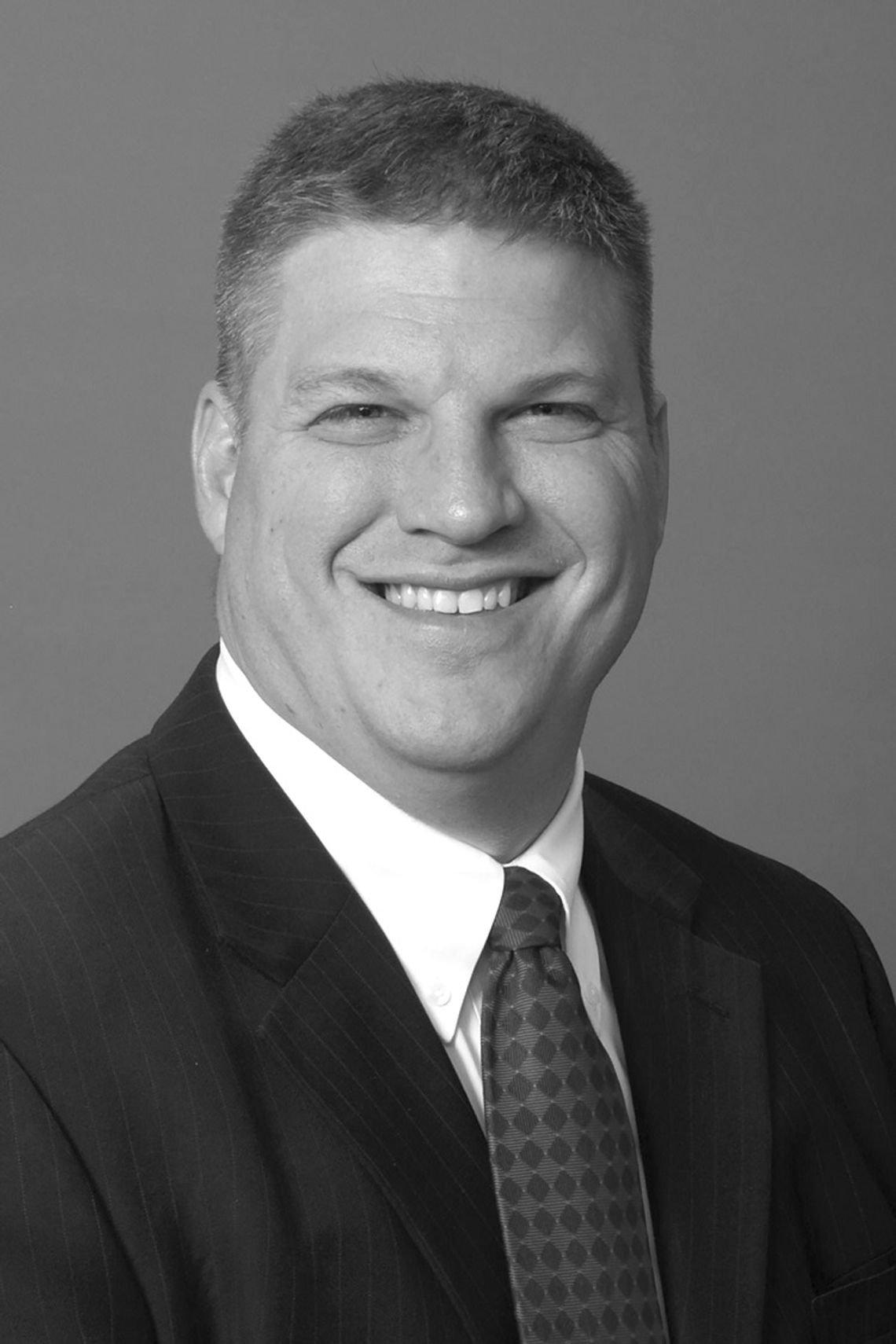

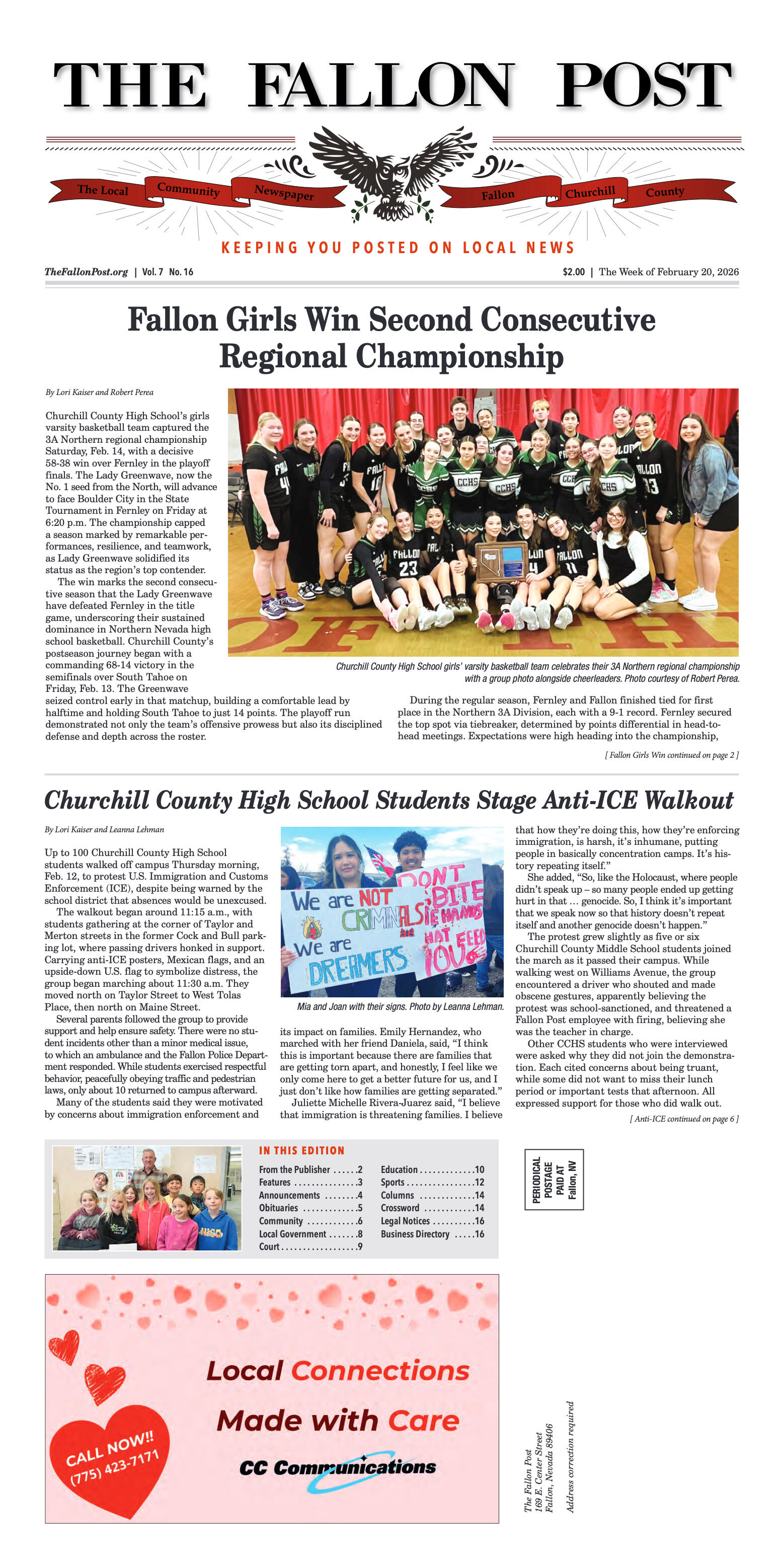
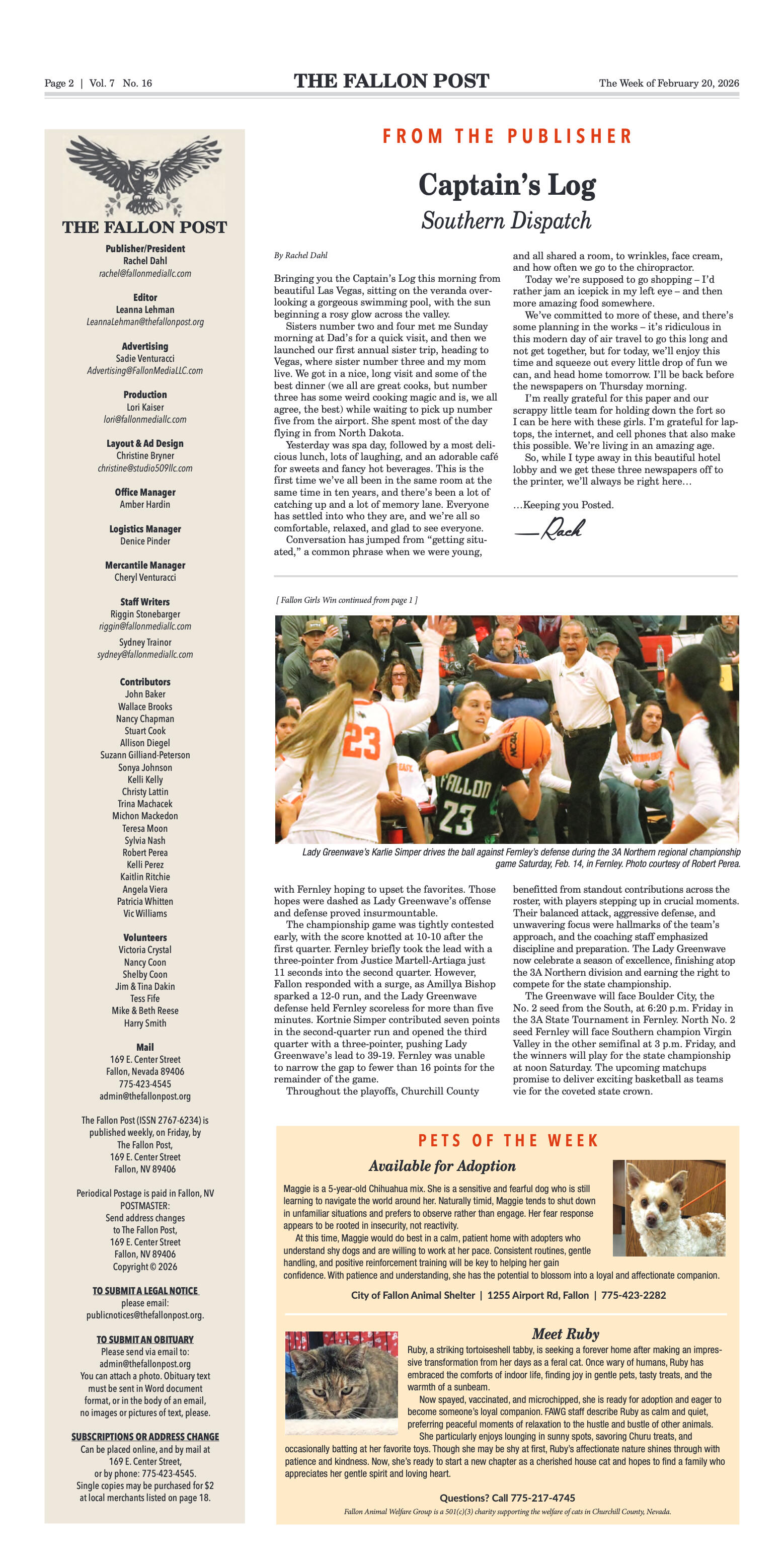

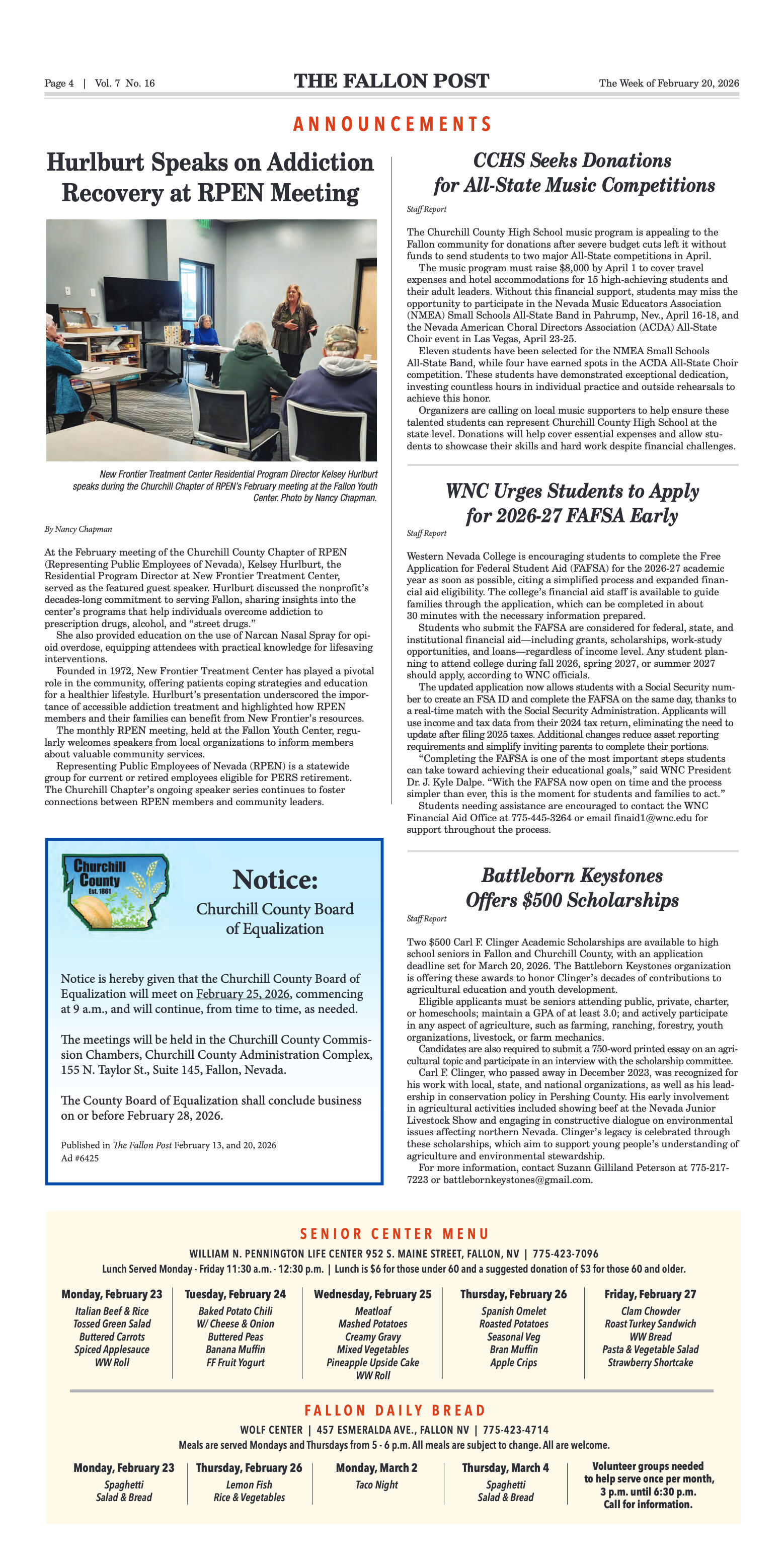
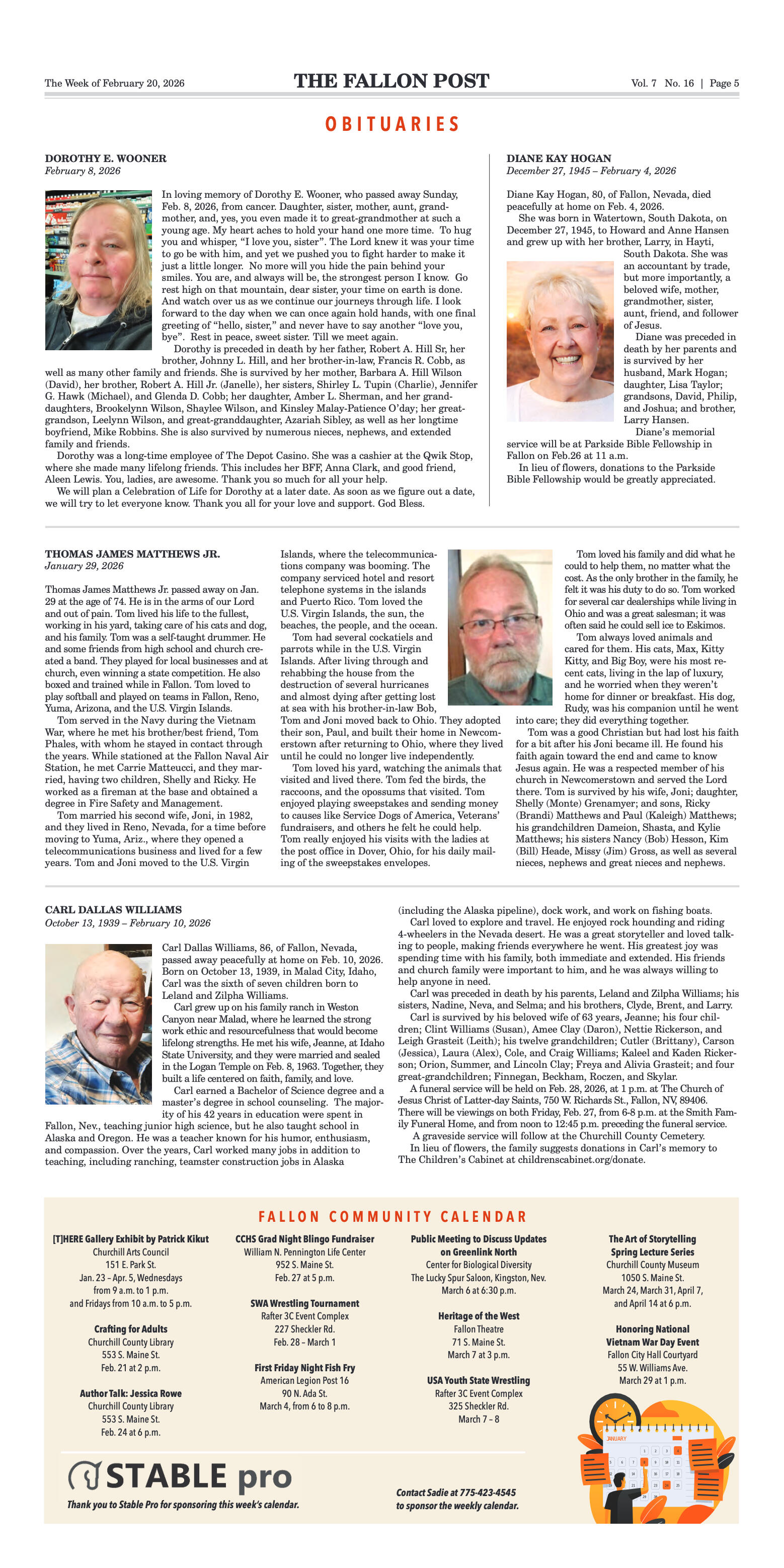
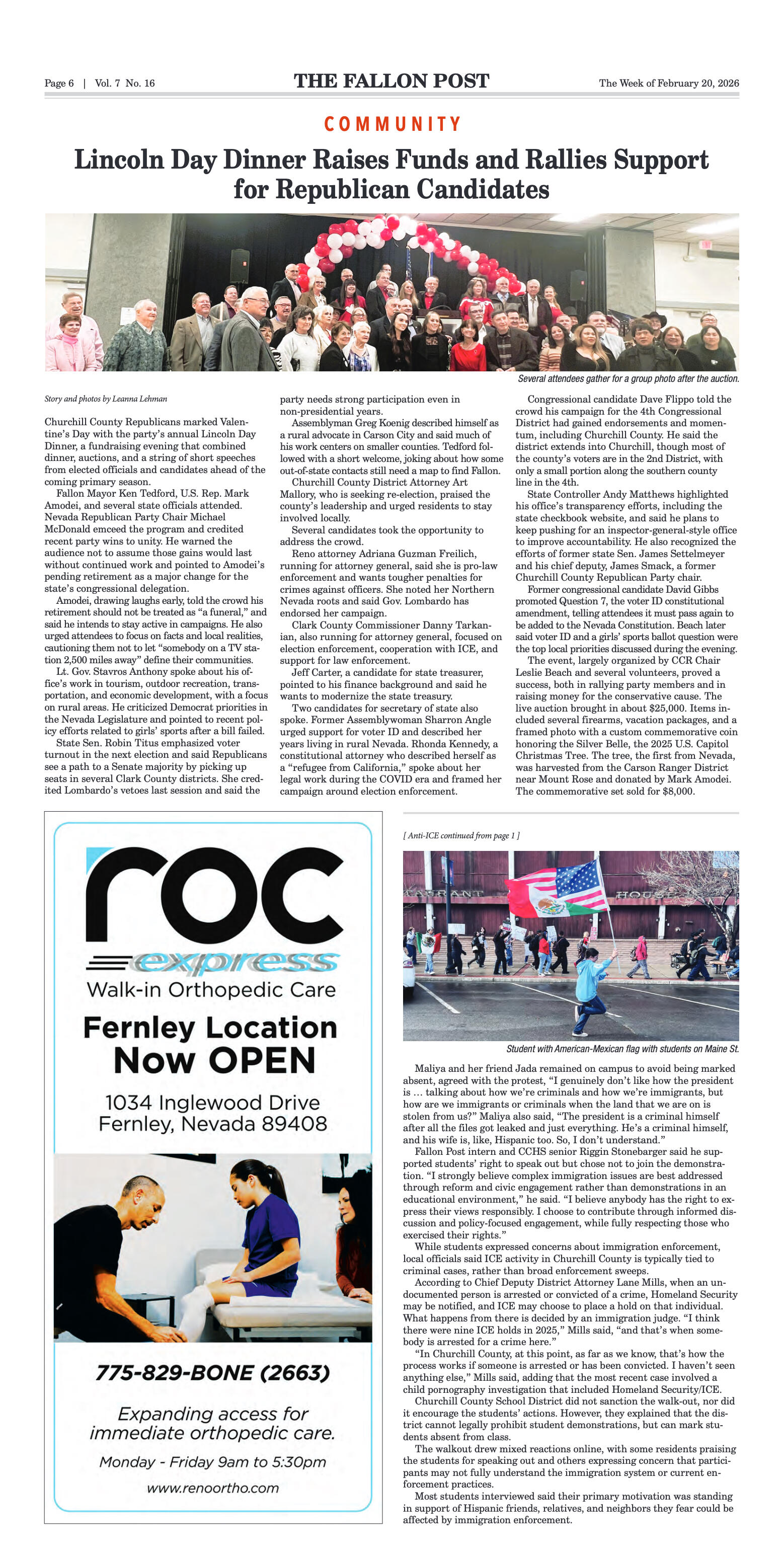

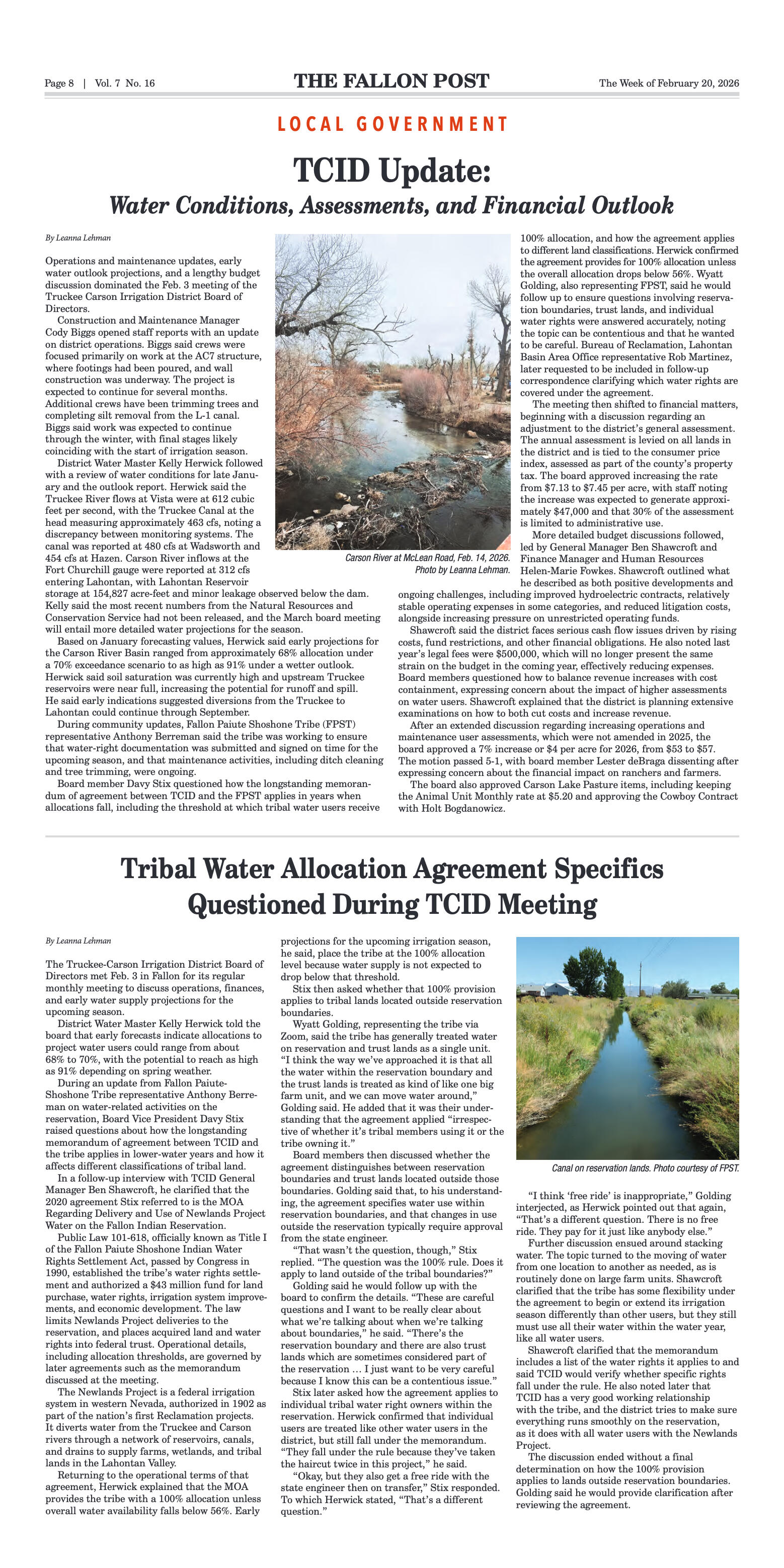
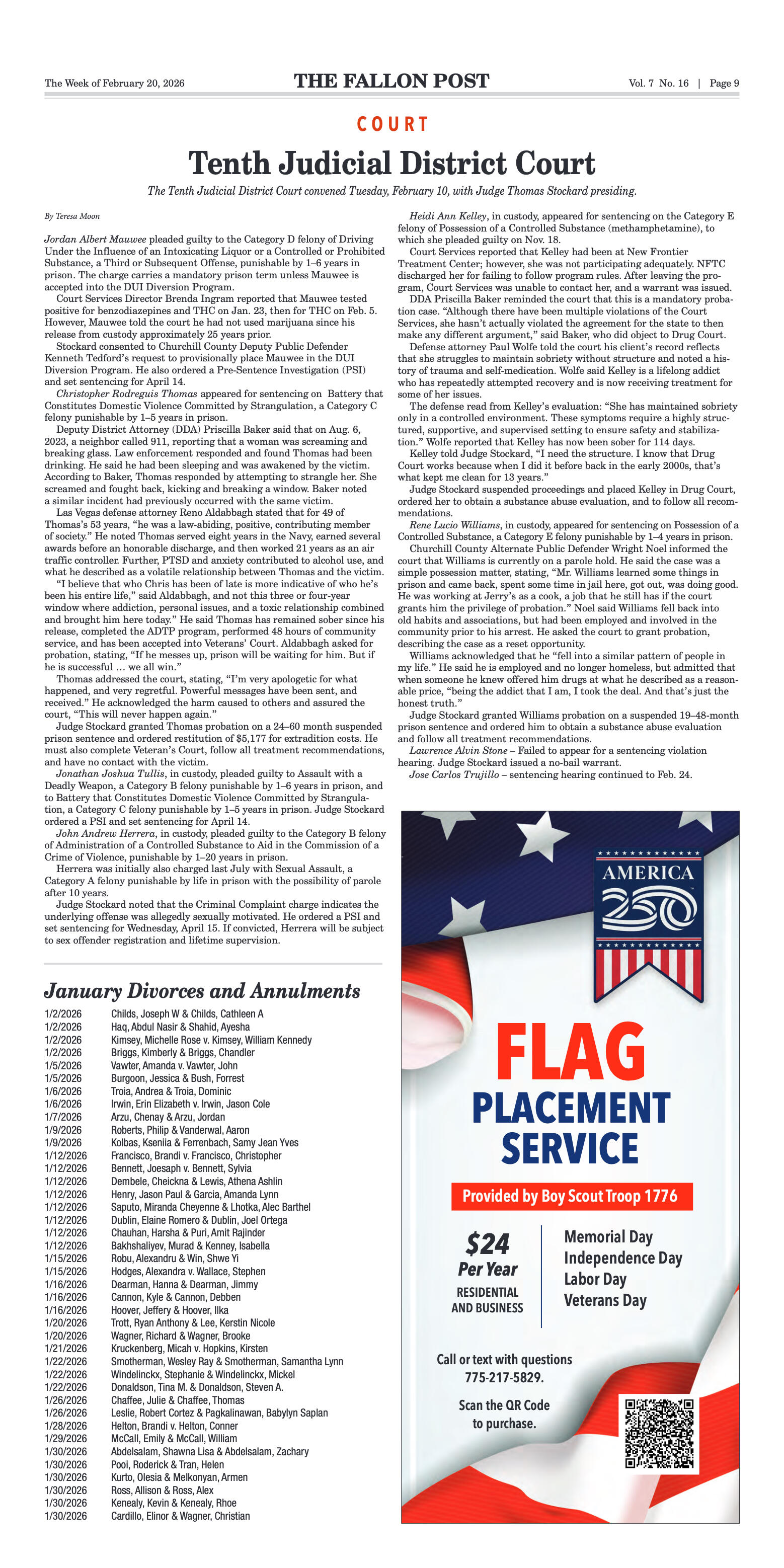
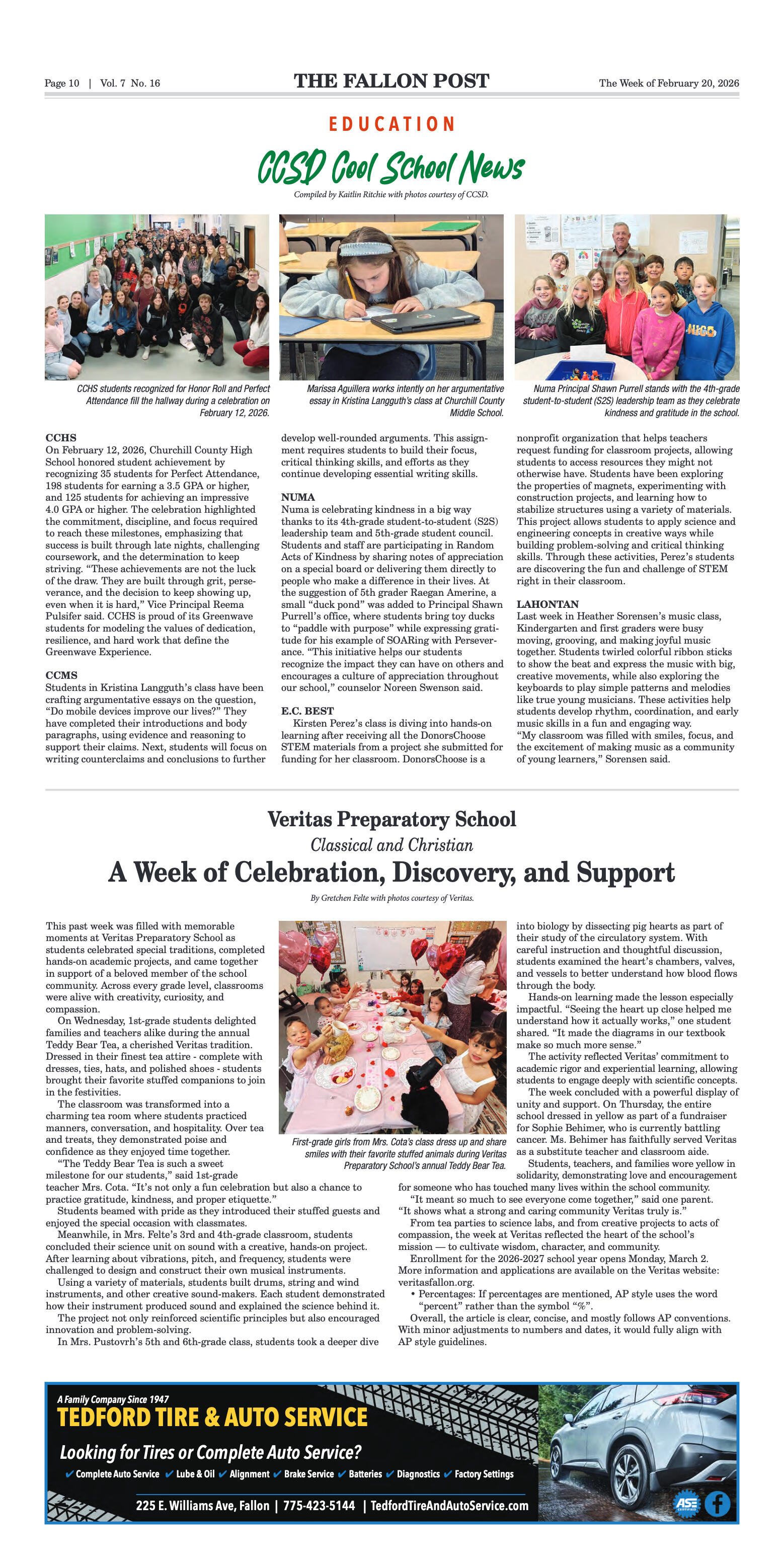
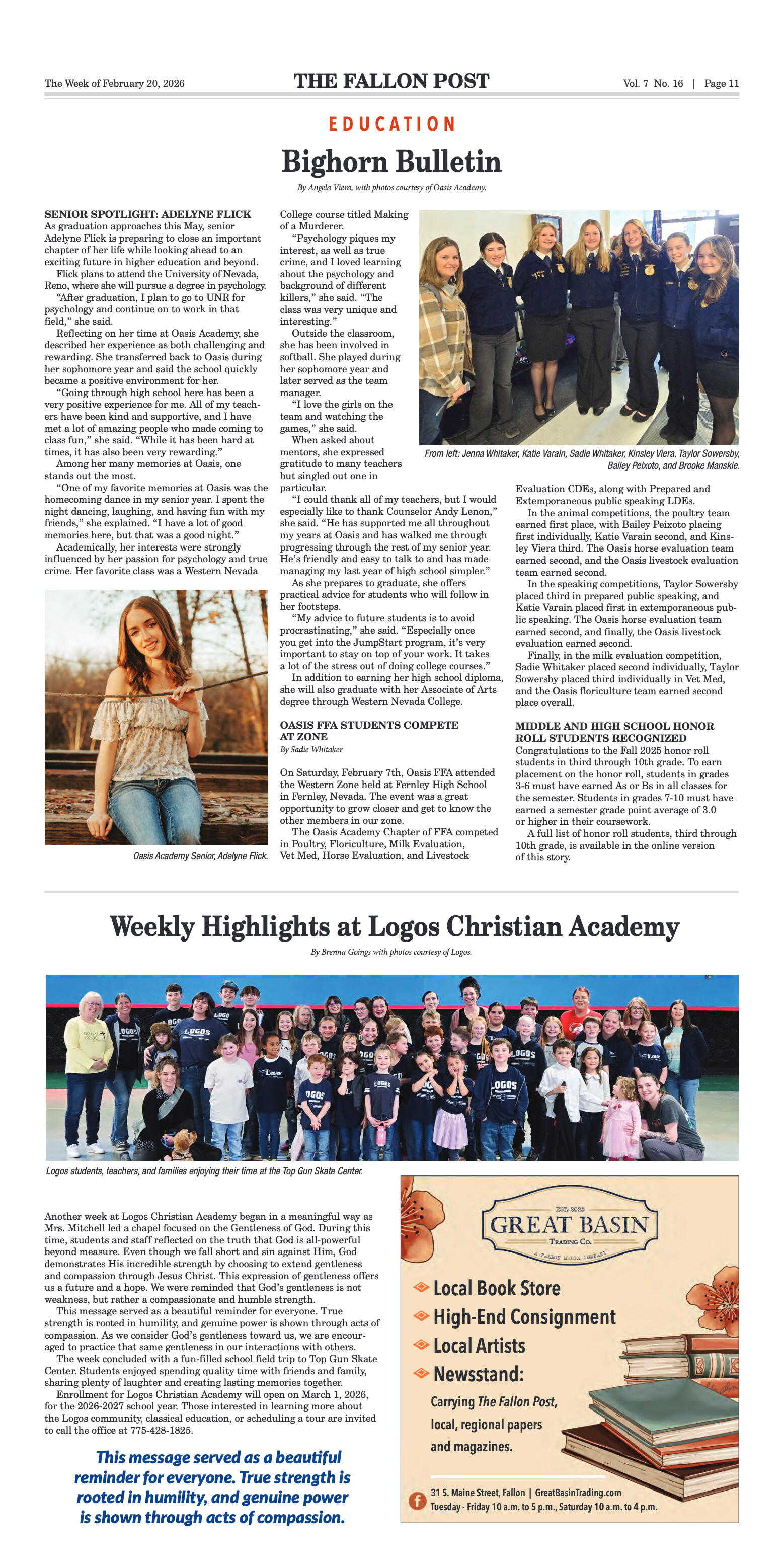
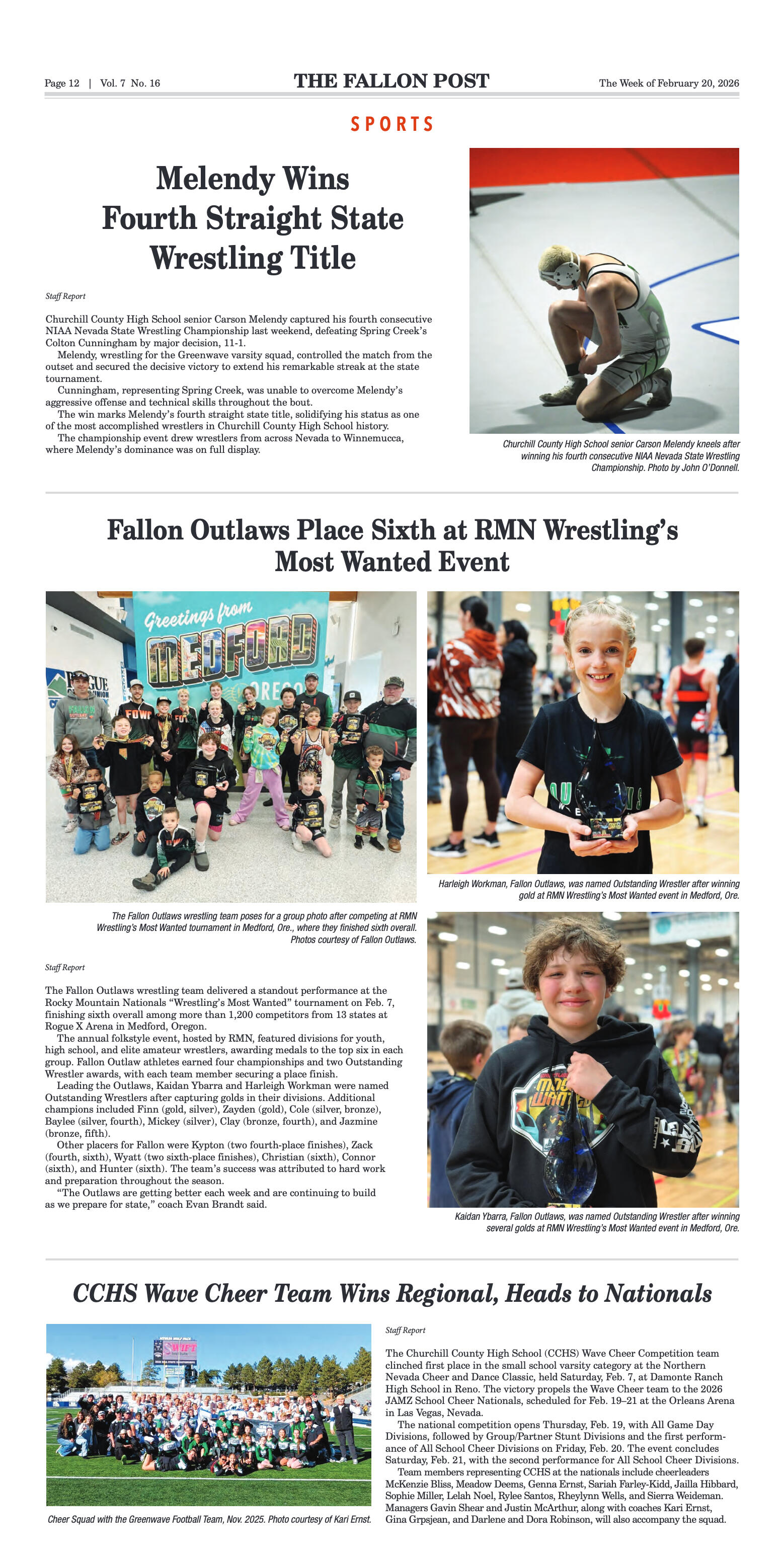
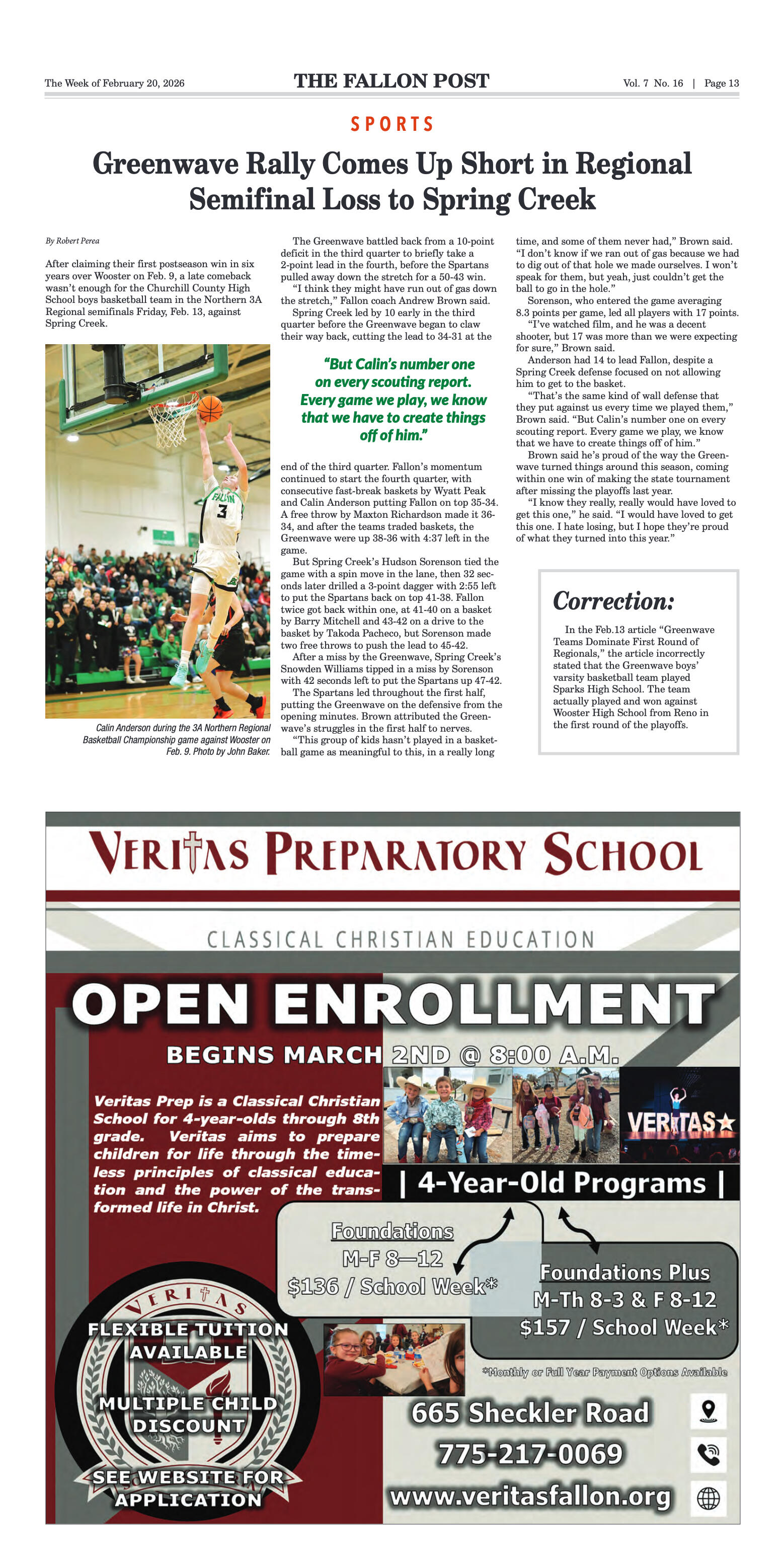

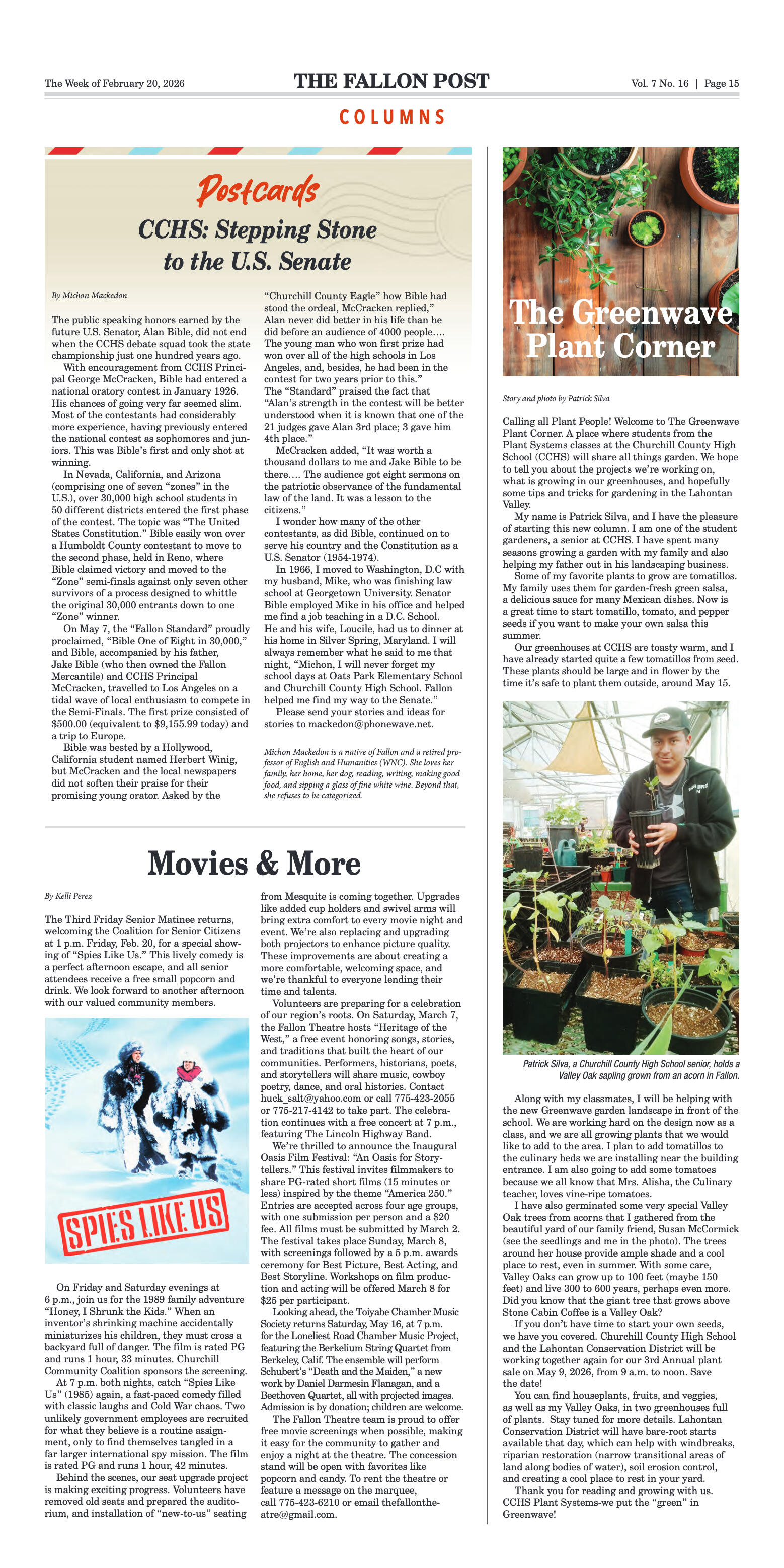
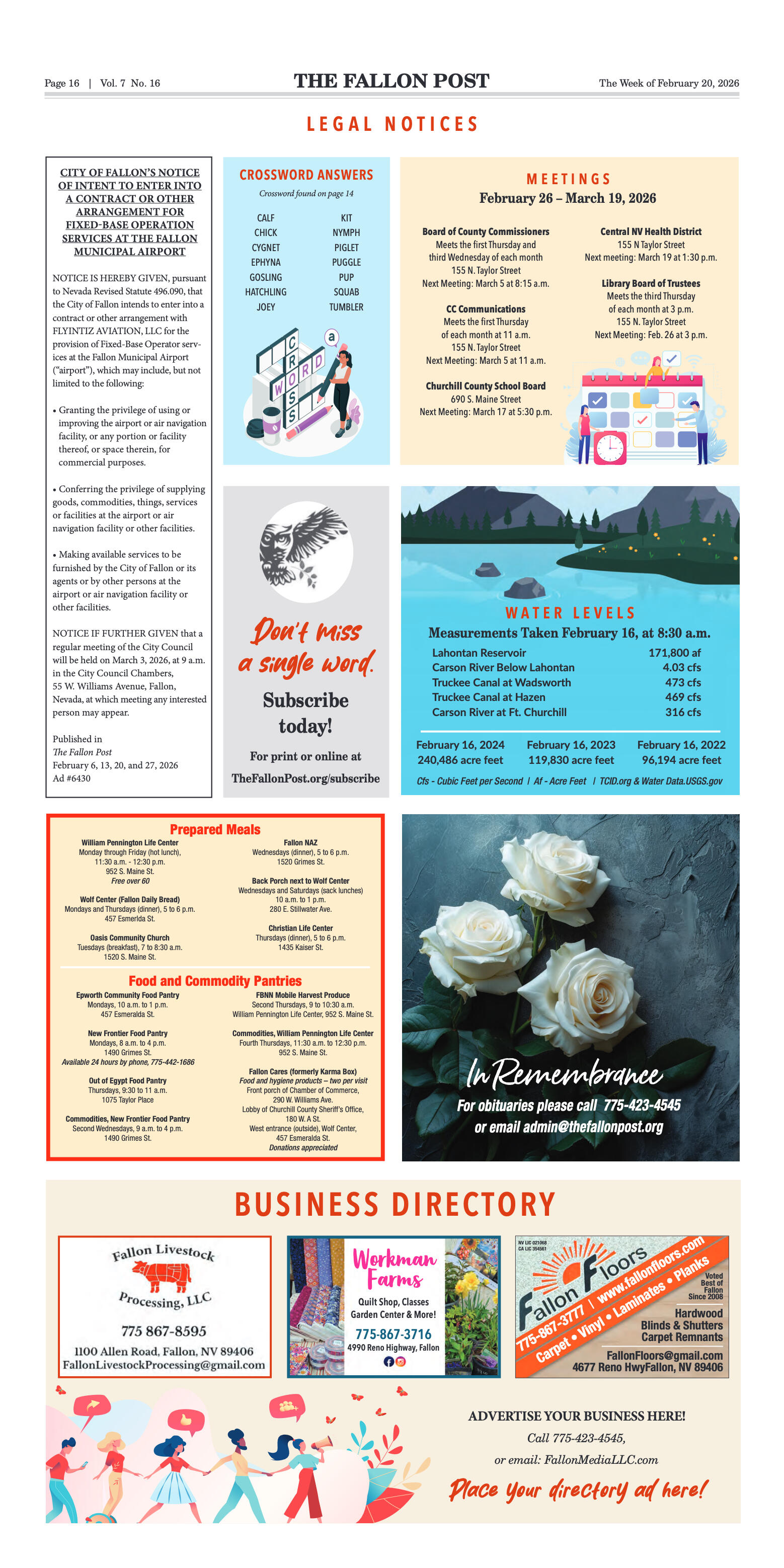
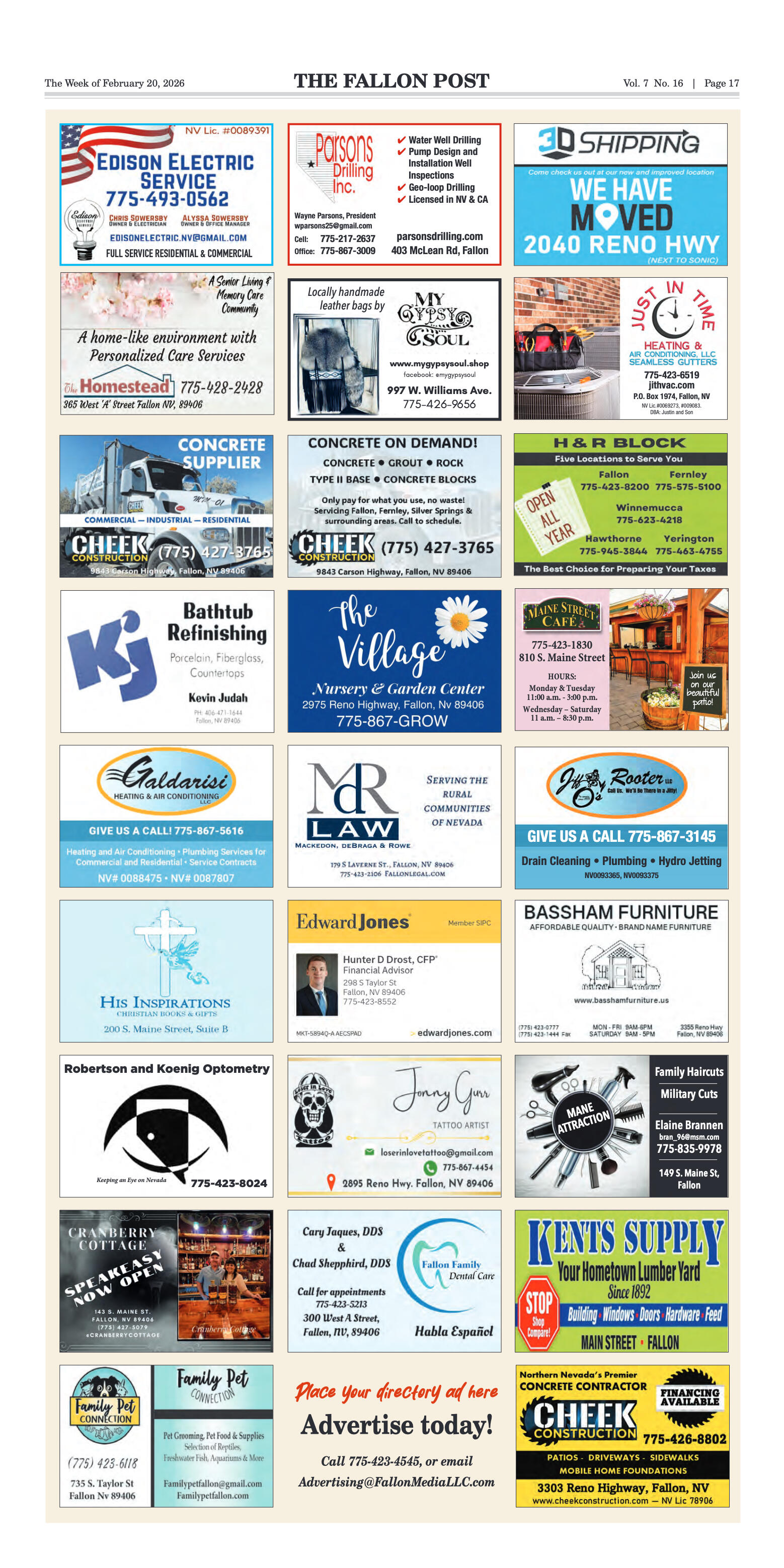
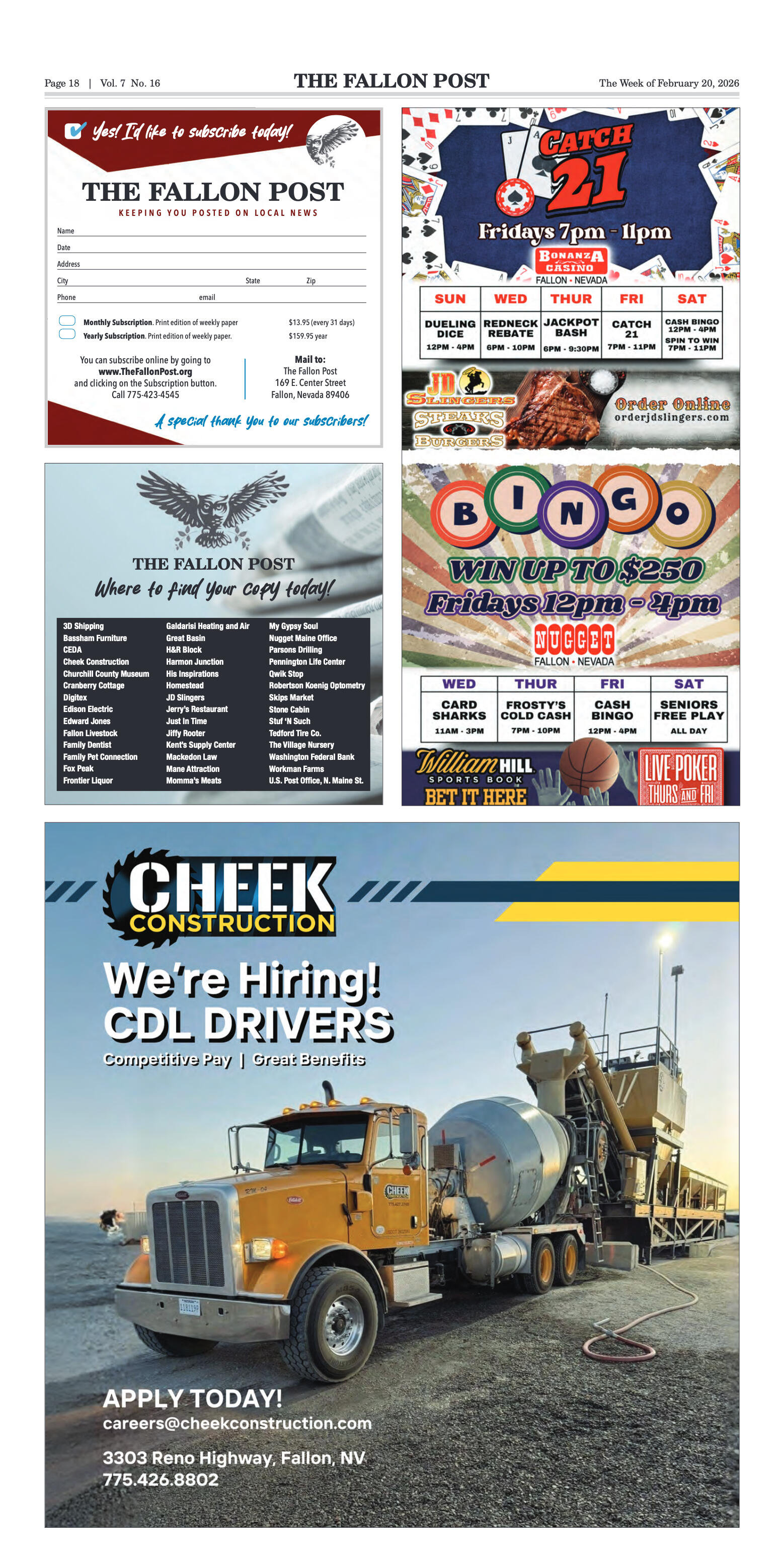
























Comment
Comments